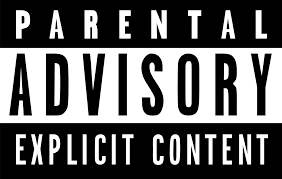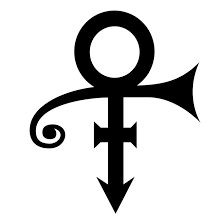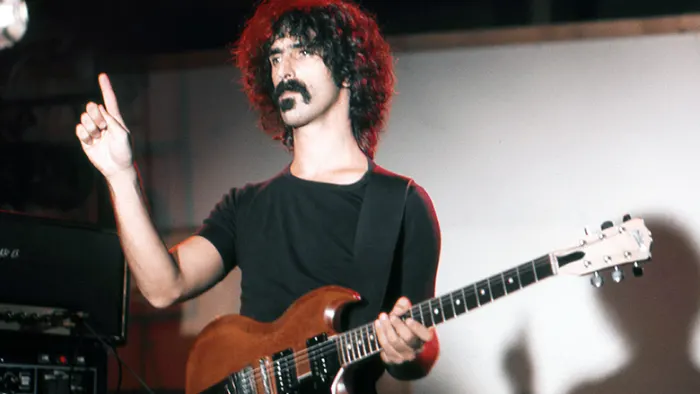Frank Zappa on Music Censorship and Humor in Music
In 1985 the RIAA (Recording Industry Association of America) introduced the Parental Advisory label which would need to be plastered on every album that they deemed was “inappropriate” or unfit for the eyes of impressionable children. They were pushed to introduce this label by parents across America and the PMRC (Parents Music Resource Center) complaining about inappropriate and “dirty” lyrics in music. A notable target of these complaints was the song “Darling Nikki” on the album “Purple Rain” by Prince. The song features topics of intercourse and was seen as “far too dirty” to be sold in record stores so the parents protested. When the RIAA obliged with the protests there were musicians who hated the idea of having their albums censored or marked in any way. One of these musicians was composer, Frank Zappa, who hated the idea of his music being censored.

When Zappa met with RIAA officials to negotiate the censorship, Zappa convinced the RIAA to not use the label, but instead to make all albums feature a lyric sheet that contains all of the lyrics featured in the album. Every album now features a lyric sheet but the parental advisory sticker still was required on all albums with explicit lyrics. Zappa and many composers and musicians alike are firm believers that music can be about anything, for anyone. The other side of this argument are typically religiously motivated conservatives who want everyone to follow what they think is right and what the bible advises.
When an artist/musician makes something that is important to them one of the worst things someone can do is try to change or alter their vision. Record companies altering visions with the sole purpose of getting more money is the worst thing to happen to music in general. Frank Zappa was very aware of these happening and spoke out against it frequently. Again talking about Prince, who was signed to Warner Records at the beginning of his career (Frank Zappa was also signed to Warner Records for eight years), protested a record company (Warner Records) in a famous and iconic way. Prince changed his name to an unpronounceable symbol to make it hard for Warner Records to sell and market his likeness. Prince also frequently wrote “slave” on his cheek during performances to protest Warner suppressing his artistic freedom.

Frank Zappa protested the very same record company Prince did by filing a lawsuit against the label and his former manager addressing “creative accounting practices” which ended in Zappa gaining his freedom from the label and later beginning his own label titled “Barking Pumpkin Records” in which he produced the rest of his works. It is notable to say that Zappa over the course of his career has released 113 studio albums.
Senate Hearing: https://www.businessinsider.com/35-years-pmrc-rock-lyrics-senate-tipper-gore-frank-zappa-2020-9
When people like the PMRC try to censor and silence music it is usually because the topic or lyrics of the music is something they consider grotesque and inappropriate. Frequently these “grotesque” and “inappropriate” lyrics derive from songs that are supposed to funny. Whether or not humor belongs in music is surprisingly a question to some people. Music is something that gives people freedom of expression in any context or genre. In conclusion, music can be about anything and for anyone and when people try to change that they are in the wrong.

